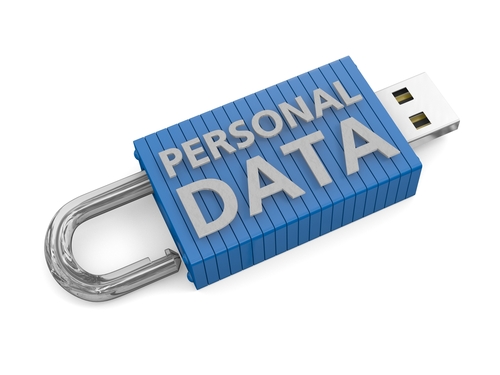
A global independent survey of consumers around the world commissioned by Infosys has revealed that consumers worldwide overwhelmingly will share personal information to get better service from their doctors, bank and retailers; however, they are very discerning about how they share.
The global research polled 5,000 digitally savvy consumers in five countries about how they trade personal data in the retail, banking, and healthcare sectors. The study shows the key challenge facing business is to navigate the complex behaviors consumers display when sharing their personal data.
Key global findings
Retail
- To know me is to sell to me: Three quarters of consumers worldwide believe retailers currently miss the mark in targeting them with ads on mobile apps, and 72 percent do not feel that online promotions or emails they receive resonate with their personal interests and needs
- To really know me is to sell me even more: A wide majority of consumers (78 percent) agree that they would be more likely to purchase from a retailer again if they provided offers targeted to their interests, wants or needs, and 71 percent feel similarly if offered incentives based on location
- Catch-22 for retailers? While in principle shoppers say they want to receive ads or promotions targeted to their interests, just 16 percent will share social media profile information. Lacking these details could make it difficult for retailers to deliver tailored digital offers
Banking
- Security = Loyalty: 82 percent of respondents expect their bank to mine personal data to protect against fraud. It’s so important an issue that just over three quarters (76 percent) would even consider changing banks if a competitor offered assurances that their data and money would be safer
- Digital communication conundrum: There is a communications challenge for banks: 63 percent of consumers want banks to communicate with them about their account or transaction information via alerts to mobiles or smart phones; however only 32 percent frequently share information on these devices
- Are banks reassuring customers enough? Despite these clear concerns about security more than a third of consumers (35 percent) still feel that their current bank or financial institution does not have a clear process for addressing fraudulent issues
Healthcare
- It’s right there in my e-file: An overwhelming 88 percent of consumers favor physicians being armed with electronic health information about patients
- I’m not telling you that: Only 56 percent will share personal medical history, 52 percent family medical history
- Apps are more personal: While more than 76 percent are interested in mobile apps for tracking their health, consumers are less comfortable using their mobiles to share data with doctors and prefer to share personal data with their doctor’s office in person (98 percent), followed by online (77 percent) and mobile (66 percent)








